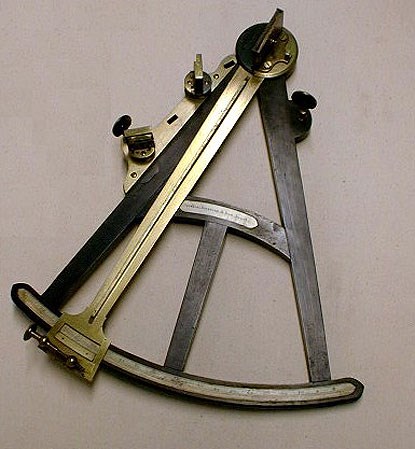“This scheme was revealed to General Gage”
So let’s set aside the claim that Adams was the source of this claim. How does the story itself stand up on its own?
The version published in The Memoirs of Gen. Joseph Gardner Swift (1890) stated:
the zeal and resolution of Samuel Swift…caused many Bostonians to secrete their arms when Gov. [Thomas] Gage offered the town freedom if arms were brought in to the arsenal; and that Mr. Swift presided at a freemason’s meeting where it was covertly agreed to use the arms concealed, and, in addition, pitchforks and axes, if need be, to assail the soldiery on the common; which scheme was betrayed to Gage, causing the imprisonment of Swift and others.That wording has led some authors to state that Swift died in jail. In fact, we have jailhouse diaries from John Leach and Peter Edes covering the period when he died, and they don’t mention the prominent lawyer being locked up with them.
Another version of the story, published in Teele’s History of Milton (1887) and reprinted in Roberts’s history of the Ancient and Honorable Artillery Company, said:
This scheme was revealed to General Gage, and Mr. Swift was arrested, he was permitted to visit his family, then at Newton, upon his parole to return at a given time. At the appointed time he returned, against the remonstrance of his friends, and so high an opinion of his character was entertained by General Gage that he was permitted to occupy his own house under surveillance. From disease induced by confinement, he died a prisoner in his own house…Again, the military authorities were locking up people like Leach, Edes, and James Lovell for lesser threats, but this tale asks us to believe that not only did they not lock up Swift, they let him leave town.
And then Swift supposedly went back into Boston. Because, according to this lore, he was willing to lead an attack on soldiers with pitchforks and axes, but not to break his promise to Gen. Gage.
Even before that, the story is hard to believe. Swift was sixty years old, had no military experience, and had never been a militant political activist. It’s true he told Adams in October 1774, “I am no Swordsman but with my Gun or flail I fear no man…,” so it’s conceivable that he made similar boasts when the townspeople discussed turning over their weapons in late April 1775. But few Bostonians would have chosen Samuel Swift to lead an armed revolt.
No contemporaneous source mentions such an uprising. Gage, John Burgoyne, Peter Oliver, and other royal appointees wrote a lot about threats from Patriots, but none of them complained about Swift and an attack with pitchforks and axes. Samuel Swift was popular in Boston’s legal and mercantile circles, and no other American credited him with proposing an assault on the troops.
From early on, Swift’s widow and descendants perceived him to be a victim of Gen. Gage. Furthermore, they complained that Swift’s death led to the disappearance of the family wealth. (Though they also blamed “the unfaithfulness of his agent” for that.) They believed the fallout of his death meant his eldest son, fifteen-year-old Foster Swift, couldn’t follow his path to Harvard College. (In fact, by 1768 Foster had dropped out of the college-prep Latin School and was attending a Writing School; he went on to train in medicine under Dr. Joseph Gardner and had a long professional career.)
We don’t know why Samuel Swift didn’t receive a pass to leave Boston while his wife and children went out to Springfield. We don’t know what health issues contributed to his death on 30 Aug 1775. But the Swift family perceived great significance in how Samuel Swift died, and, at least in later generations, they wanted it to be significant for the nation as well.
TOMORROW: A debunking derailed.





